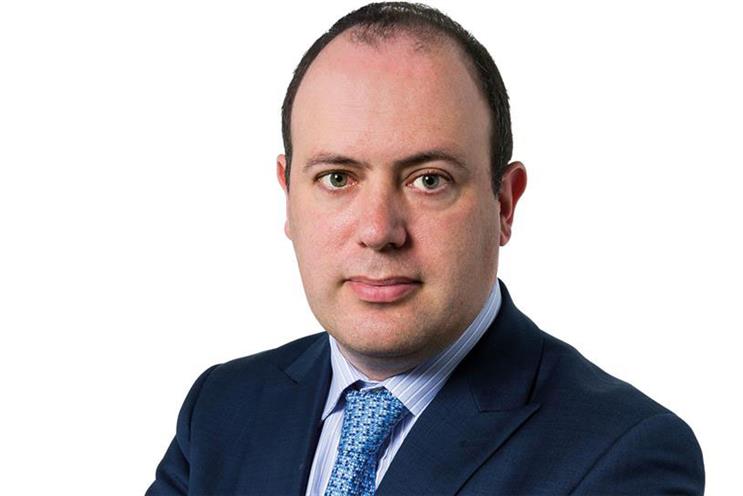The future of TV has never looked so promising or uncertain.
The dramatic US presidential race has shown that TV remains the most compelling medium on which to see history unfold.
TV works because it is curated and regulated – unlike much of the internet. TV chronicles our times. It reflects the way we live. And it has mass reach.
More than any other medium, TV is culture – from The Great British Bake Off to Downton Abbey to Gogglebox.
It is why virtually every major British retailer’s Christmas marketing plans hang on its TV ad, with several debuting this weekend.
ITV, Channel 4 and Sky have all enjoyed rising ad revenues almost every year since 2010. Even Channel 5, the smallest free-to-air UK broadcaster with a public-service remit, this week reported record revenues in the year to September.
So far, so promising. And yet the future is uncertain. For a start, the British TV ad market has taken a tumble after the Brexit vote, as ITV’s third-quarter results are expected to confirm today (Thursday).
We won’t hear much about that at the upfronts hosted by Channel 4 next week or ITV a week later, but some insiders are talking about an ad downturn lasting until next summer and perhaps longer.
The bigger fear must be about a structural change in viewing habits. Looking back at the past seven years since the recession, it is amazing how much linear TV viewing and revenues have held up. The next seven years might not be as prosperous for the incumbents.
The tech platforms have barely got started in challenging the status quo. Netflix, which has just launched the £100m drama The Crown, and Amazon Prime, which is due to debut Jeremy Clarkson’s The Grand Tour next week, are making programmes with high-end production values that can match any broadcaster. This is subscription TV, conditioning viewers to a world with no ads to watch or block.
All is not lost for ad-funded broadcasters. Viewers understand there is a trade-off. No ads means no free programmes. However, if broadcasters are to defend their turf and fend off Facebook and Google, they need to invest in addressable advertising urgently to avoid the same fate as newspapers.
That means using technology to target personalised ads that are accountable to advertisers – something the TV industry has been slow to embrace.
There are signs of change. Sky is said to be keen on ITV and Channel 4 joining its AdSmart platform.
Time is short. TV is on the brink of a great disruption.



